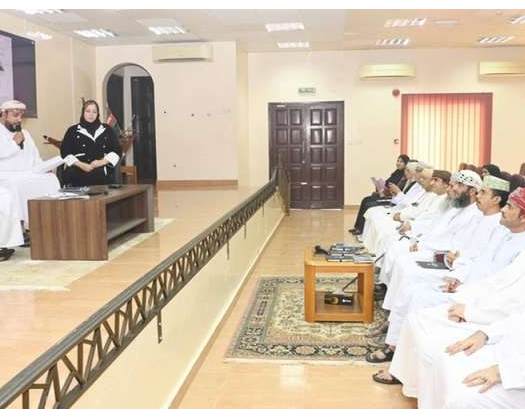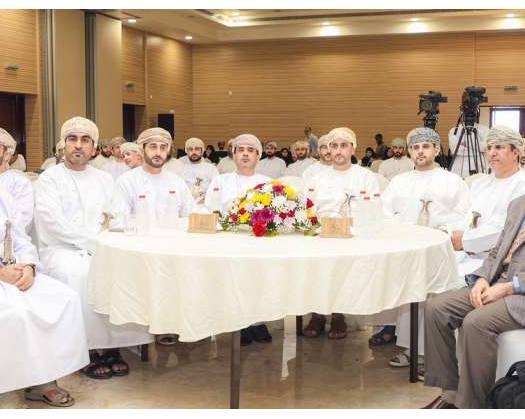Muscat: The Ministry of Culture, Sports, and Youth today held a conversation session named Qalhat in Foreign Sources.
The session was intended to present the city of Qalhat, assess the findings of current French archaeological and historical research on the city, and discuss its economic and political situation throughout the Portuguese occupation.
Dr. Madiha Abdulaziz Al Jalasi, a heritage sciences researcher, published her scholarly article, "Qalhat: A Center for Maritime Trade in the Middle Ages," which provides a critical evaluation of recent French archaeological and historical studies. She emphasized the accomplishments done and the novel restoration and excavation approaches that contributed to the city's categorization by UNESCO.
The researcher highlighted the most significant findings and their implications. The discovery of enormous walls encircling the city verified its defensive purpose and mirrored its well-organized urban plan. Evidence of a wide commercial exchange network was also discovered, with traces of glass vessels and Indian coins. The discovery of marine docks and spacious warehouses suggests that the city was capable of handling considerable amounts of merchandise.
Dr. Al Jalasi emphasized the value of current archaeological research at the Qalhat site in expanding historical and cultural understanding of the city. They have increased our knowledge of Qalhat's important economic and commercial position in the Indian Ocean maritime trade network. Modern scientific approaches in surveying and excavation, such as GIS digital models, aided in the production of correct maps of the city, helping to preserve its heritage.
Tariq Khamis Al Alawi, an administrative affairs researcher at the Directorate of Education in South A'Sharqiyah, presented a paper introducing the city of Qalhat, outlining what the Portuguese documented about it, and the political and economic circumstances during Portuguese control. He also mentioned some of the records kept by foreign visitors concerning Qalhat.








